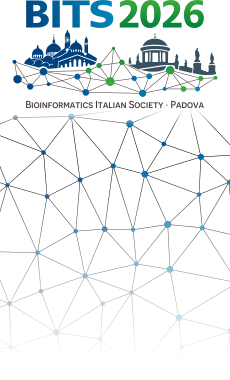Project description - The proposed research aims to characterize the molecular mechanism of cross talk between the hypoxia inducible transcription factors (HIF-1α) and the Arylhydrocarbon Receptor (AhR). Both these proteins induce the expression of genes involved in respective pathways by interacting with the Aryl Hydrocarbon Receptor Nuclear Translocator (ARNT), a well known molecular adapter for PAS domain containing proteins. In humans and other mammals, exposition to toxic chemicals promotes a wide range of biological damages including alteration of immunological response, hepatotoxicity, dysfunction, teratogenic effects and sustained neoplasia induction. The working hypothesis is that upon chemicals exposition AhR massively recruits the nuclear translocator resulting in a sensible reduction of free ARNT that cannot be used by other ARNT-dependent pathways, i.e. the hypoxia pathway, thus altering the correct hypoxia response regulated by HIF-1α and promoting cell deregulation and malignant transformation. By using computational techniques, this project aims to i) characterize the ARNT, AhR and HIF-1α interaction network with particular focus on cancer related protein-protein interactions; ii) define relevant pathways altered upon exposition to toxic chemicals; iii) design the experimental validation of novel AhR and HIF-1α pathway interconnections.
Requirements - Candidates should comply with the following requirements:
- Possess a PhD degree in either Bioinformatics, Cancer Biology, Biotechnology Sciences, or an equivalent degree
- Have a strong interest in interdisciplinary research
- A proven track record of applying pathway and network analysis methods to investigate mechanisms of disease
- Accomplished user of medical and biological databases to seek insight into mechanisms of disease
- Be proficient in programming languages such as Python, as well as Linux systems.
- Be fluent in spoken and written English
- Experience in an experimental laboratory is desirable although not mandatory.
Context - The BioComputing UP Laboratory, led by Prof. Silvio Tosatto, is a dynamic group of about twenty people working on several aspects of prediction of protein structure & function employing techniques at the intersection between biology, medicine, chemistry, physics & computer science. Our aim is to integrate the development of novel methods and their application to biologically relevant problems. The group is currently funded by the Italian Association for Cancer Research (AIRC) and the European infrastructure for bioinformatics (ELIXIR). In addition, we are also coordinating the Marie Curie RISE consortia IDPfun (idpfun.eu) and REFRACT (refract-rise.eu).
Duration of the fellowship - The fellowship, which should start as soon as possible, is for two year. The successful candidate will be working full-time at the BioComputing UP Laboratory, University of Padova. The position can be extended.
How to apply - Send your CV, motivation letter and a short description of your research background as well as the names of two (or more) references to: biocomp@bio.unipd.it.
Two-year junior postdoc: “Connecting the dots around ARNT, AhR and HIF-1a to contrast cancer development”
Location
University of Padova
Referent
Dr. Giovanni Minervini
Deadline for application
30/04/2021
Contact




